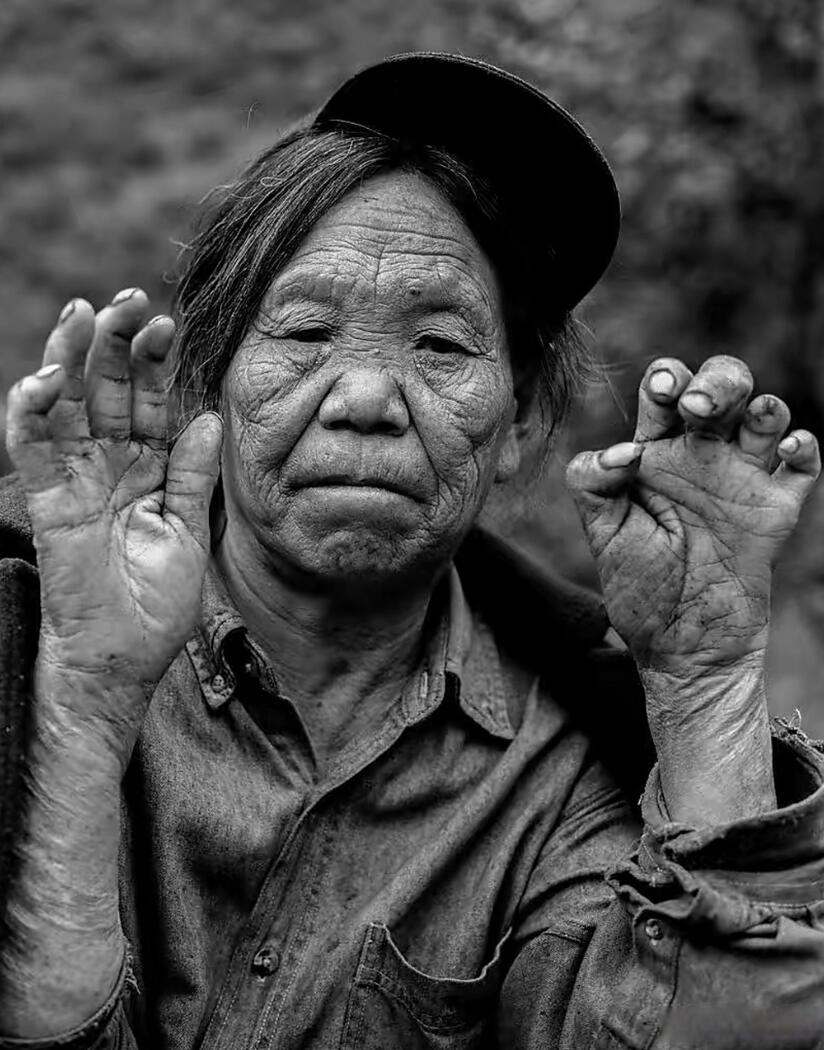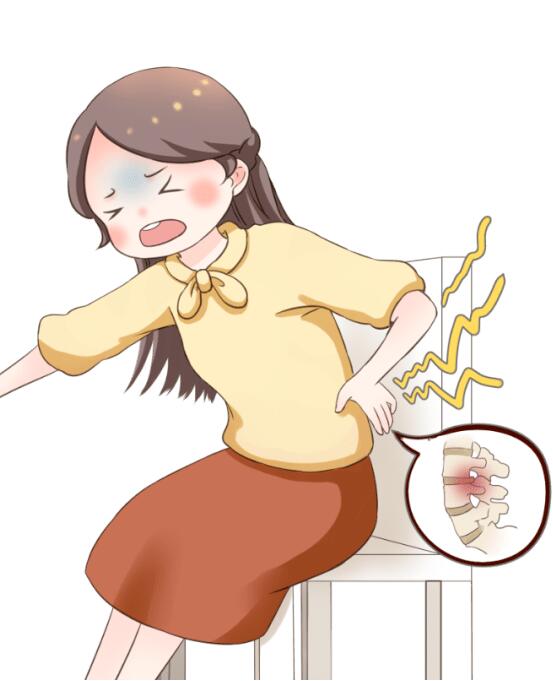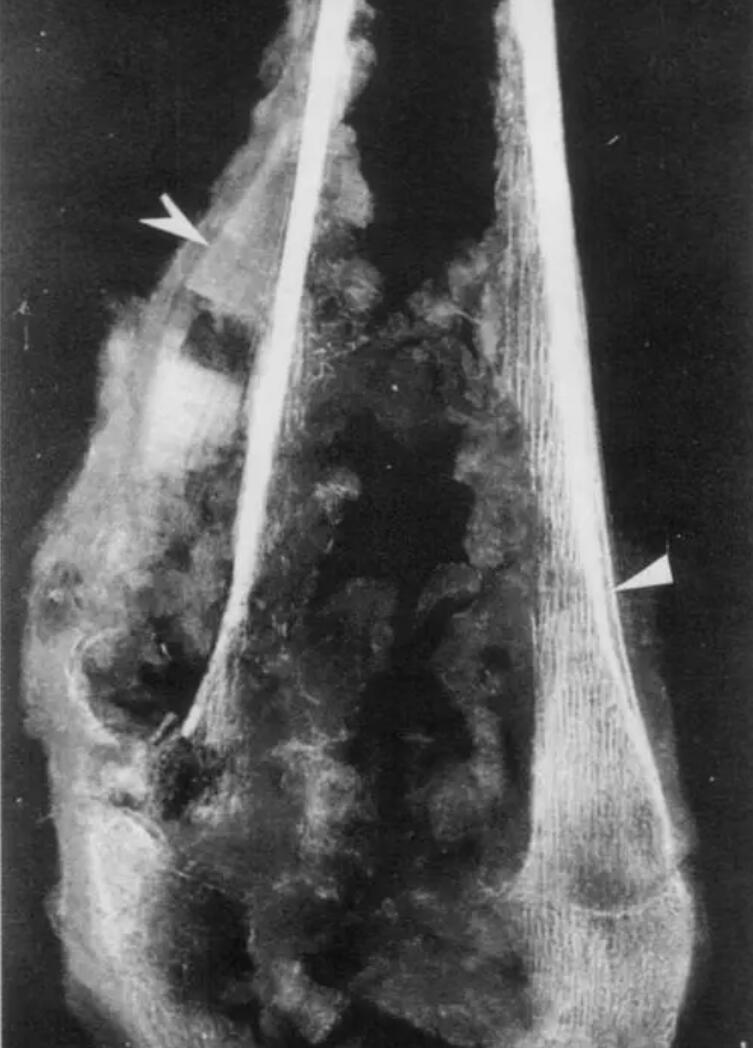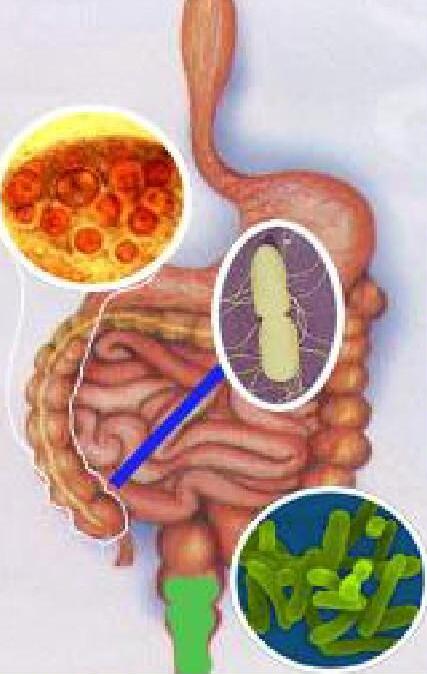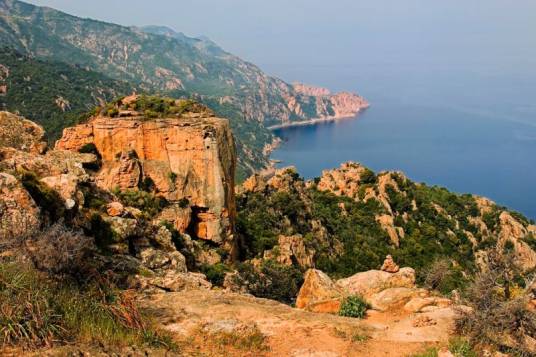-
科西嘉语 编辑
科西嘉语(科西嘉语:Corsica;英语:Corsica;法语:la Corse;意大利语:la Corsica),属于印欧语系-罗曼语族-西罗曼语支,为法国本土东南方的科西嘉岛居民使用,并且是当地的官方语言。在意大利西西里岛的加卢拉和萨萨里也有它的外延。科西嘉语与意大利语相近,特别是意大利语中的托斯卡纳方言。
中文名:科西嘉语
外文名:Corsica
归属:“罗曼语系”
性质:官方语言
北科西嘉语
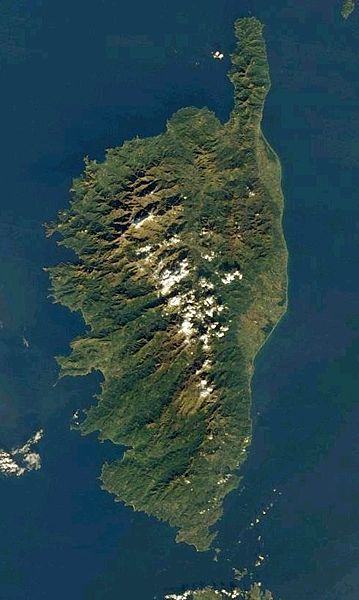 科西嘉岛
科西嘉岛
南科西嘉语
在萨特尼和维奇奥港一带使用的;
阿雅克肖方言
被认为是南、北科西嘉语的过渡性语言;
利古里亚语
卡尔维和波尼法西奥一带的方言与意大利热那亚的方言很接近。
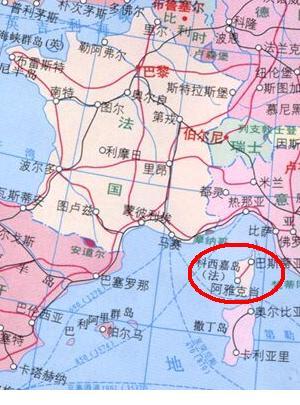 科西嘉岛的地理位置
科西嘉岛的地理位置
科西嘉语被要求得到更好的保护,随之而来的是对科西嘉从法国得到更大自治权的要求。
B b
C c //
Chj chj
D d
Dd dd
E e
F f
G g /
Ghj ghj
Gli gli
Gn gn
H h
I i
J j
L l
M m
N n
O o
P p
Q q
R r
S s /
Sc sc /
Sg sg /
T t
U u
V v
Z z /
英语 | 科西嘉语 |
|---|---|
Welcome | Benvinuta |
Hello | Salute/Bonghjornu |
How are you? Fine thanks. | Cumu sì? |
Va bè, vi ringraziu | |
Long time NO see | Face un pezzu |
What's your name? My name is ... | Cumu vi chjamate? |
Mi chjamu ... | |
Where are you from? I'm from ... | D'induve site? / Di quale ne site? |
Eiu sò di ... | |
Pleased to meet you | Un piacè d'incuntravvi / Mi Face Piacè |
Good moRNIng | Bonghjornu |
Good afternoon | Bonghjornu |
Good evening | (À)bona sera |
Good night | Àbona notte |
Goodbye | Avvedeci / À a prossima / À dopu |
Good luck | Bona furtuna |
Cheers/Good health! | (À a) salute |
Have a nice DAy | Vi precu una bella ghjurnata |
Bon appetit | Bon appetitu |
Bon voyage | Bona strada / Bon viaghju |
I understand | Aghju capitu |
I don't understand | Ùn capiscu micca |
I don't know | Ùn a sò |
Please speak more slowly | Parlate più lentamente per piacè |
Please say that again | Pudete ripetela? |
Please write it down | Pudete scrivela per piacè? |
Do you speak English? | Parlate Inglese? |
Does anyone speak English here? | Ci hè qualchissia chì parla Inglese quì? |
Do you speak Corsican? Yes, a little | Parlate corsu? |
Iè, un pocu | |
How do you say ... in Corsican? | Cumu si dice ... in corsu? |
Excuse me | Scusatemi |
How much is this? | Quantu costa? |
Sorry | Mi dispiace |
Please | Per piacè |
Thank you Response | À ringraziavvi /Vi ringraziu |
Di nunda | |
Where's the toilet? | Induve sò e toilettes? |
This gentleman/lady will pay for everything | Quissu hà da pagà tuttu Quissa hà da pagà tuttu |
Would you like to dance with me? | Voli ballà? |
I miss you | Mi manchi |
I love you | Ti tengu caru |
Get well soon | Guarisci prestu |
Go away! | Vaitine! |
Leave me alone! | Lasciatemi stà! |
Help! Fire! Stop! | Aiutu! Aiutatemi! Focu! Piccia! Arristeti! Piantala! |
Call the police! | Chiamate a puliza! |
Merry Christmas and Happy New Year | Bon Natale è pace è salute |
Happy Easter | Bona Pasqua |
Happy Birthday | Felice anniversariu |
One lAnguage is never enough | Una lingua sola ùn basta mai! |
My hovercraft is full of eels | U me battellu hè carcu d'anguili |
Nascinu tutti l'omi libari è pari di dignità è di diritti. Pussedinu a raghjoni è a cuscenza è li tocca ad agiscia trà elli di modu fraternu.
(英文翻译)
All human beings are born free and equal in dignity and rights. They are endowed with reason and conscience and should aCT towards one another in a spirit of brotherhood.
摘自《联合国人权宣言》第一章


